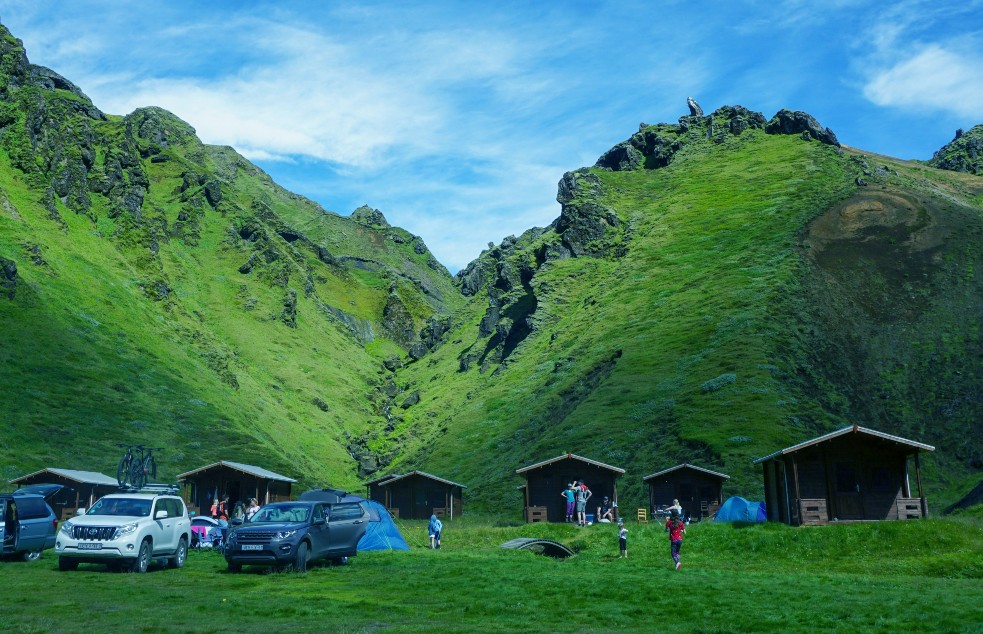
The Ultimate Guide to Eco-Friendly Camping Gear
Introduction:
- Open by explaining the importance of eco-friendly gear, especially for campers who want to enjoy the beauty of nature while minimizing their environmental footprint.
- Briefly mention how sustainable gear often lasts longer and reduces waste over time.
Eco-Friendly Essentials:
- Solar-Powered Lanterns & Chargers:
- Talk about how solar-powered devices reduce reliance on disposable batteries.
- Highlight popular options for solar lanterns, string lights, and chargers for devices.
- Mention brands like Goal Zero or BioLite known for innovative, renewable-powered products.
- Biodegradable Toiletries:
- Recommend biodegradable soap, toothpaste, and wet wipes.
- Include tips on Leave No Trace practices when using toiletries near water sources.
- Suggest brands like Dr. Bronner’s for multi-purpose biodegradable soaps.
- Recycled or Organic Tents & Sleeping Bags:
- Discuss tents and sleeping bags made from recycled materials or organic fibers.
- Mention specific brands like Big Agnes or Patagonia, which use recycled materials in their products.
- Cover how durable, high-quality gear not only lasts longer but can also be repurposed or recycled at the end of its life.
- Reusable & Lightweight Camp Cookware:
- Recommend stainless steel or titanium cookware as eco-friendly, durable options.
- Suggest nesting cookware sets to minimize packing space and avoid single-use items.
- Cover eco-friendly ways to clean and care for camping cookware to extend its lifespan.
- Reusable Water Bottles and Filters:
- Emphasize the importance of avoiding plastic water bottles by using durable, reusable ones.
- Discuss portable water filtration systems, such as LifeStraw or Sawyer filters, which allow campers to drink safely from natural water sources without creating waste.
- Eco-Friendly Fire Starters and Cooking Solutions:
- Highlight sustainable fire starters made from recycled materials or natural ingredients, like beeswax-based fire starters.
- Mention alternatives to traditional campfires, like portable, smokeless stoves (e.g., BioLite) that use natural materials as fuel and have minimal impact on the ground.
Additional Tips for Sustainable Camping:
- Leave No Trace Principles: Provide a quick overview of the Leave No Trace principles, including packing out trash, respecting wildlife, and minimizing campfire impact.
- Pack Lightweight, Multi-Use Gear: Encourage readers to bring gear that serves multiple purposes, reducing what they need to carry and lessening their overall impact.
Conclusion:
- Wrap up with a call to action, encouraging readers to make mindful choices with their gear, invest in quality, and consider sustainability when making outdoor purchases. Remind them that a sustainable camping experience enhances the beauty and longevity of the natural spaces they love to explore.



